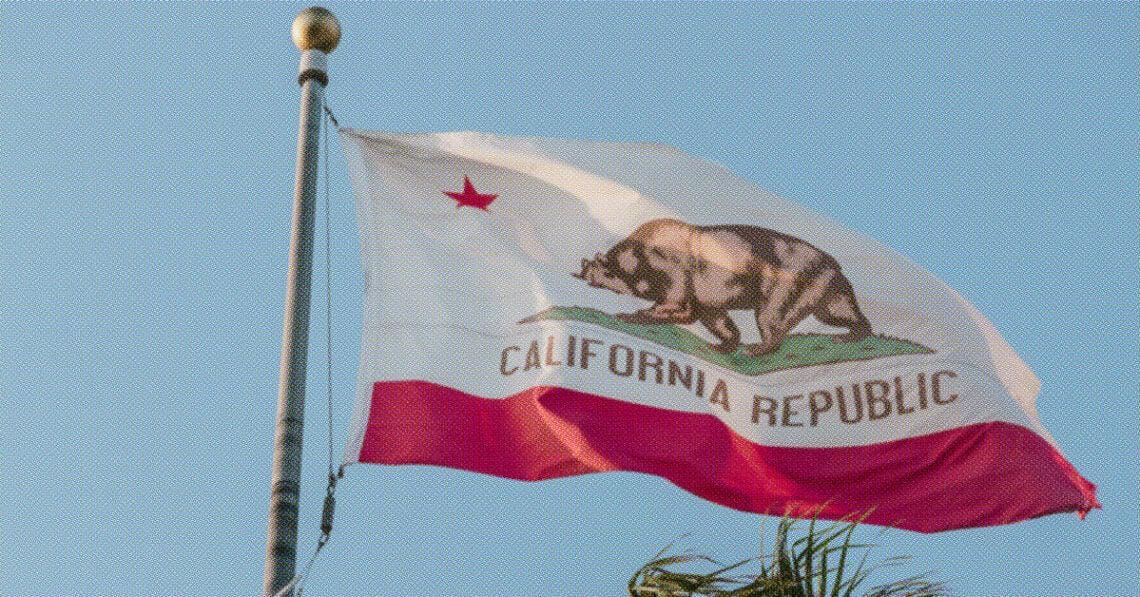The California legislature this month passed a landmark bill requiring large companies, both public and private, to disclose their greenhouse gas emissions, a requirement that’s expected to affect about 5,000 companies. Gov. Gavin Newsom has said he will sign the bill. ESG columnist John Peiserich talks about what’s in the bill and what companies need to know.
While U.S. companies have nervously awaited to see how the SEC would address carbon accounting and reporting requirements, now pending for months and months, California has continued to lead the way on the environmental front with the passage of Senate Bill 253. Beginning in 2026, companies with revenue of more than $1 billion that do business in California will be required to annually disclose Scope 1, 2 and, beginning in 2027, Scope 3 emissions.
Scope 1, 2 and 3 emissions
It is first important to note what is meant by disclosure of Scope 1, 2, and 3 emissions:
- Scope 1: All direct greenhouse gas emissions that stem from sources that a reporting entity owns or directly controls, regardless of location, including but not limited to fuel combustion activities.
- Scope 2: Indirect greenhouse gas emissions from consumed electricity, steam, heating or cooling purchased or acquired by a reporting entity, regardless of location.
- Scope 3: Indirect upstream and downstream greenhouse gas emissions, other than Scope 2 emissions, from sources that the reporting entity does not own or directly control and may include but are not limited to purchased goods and services, business travel, employee commutes and processing and use of sold products.
The reporting will have to comply with Greenhouse Gas Protocol standards and be subject to third-party assurance at increasing levels of assurance over time.
A reporting entity will be required to:
“[…]measure and report its emissions of greenhouse [gasses] in conformance with the Greenhouse Gas Protocol standards and guidance, including the Greenhouse Gas Protocol Corporate Accounting and Reporting Standard and the Greenhouse Gas Protocol Corporate Value Chain (Scope 3) Accounting and Reporting Standard developed by the World Resources Institute and the World Business Council for Sustainable Development, including guidance for Scope 3 emissions calculations that detail acceptable use of both primary and secondary data sources, including the use of industry average data, proxy data, and other generic data in its Scope 3 emissions calculations.
New Challenge for US Compliance and Risk Leaders: Aligning With EU Sustainability Directive
Despite the flurry of real and rhetorical backlash against ESG reporting in the United States, many U.S. companies will not be able to escape stringent sustainability reporting requirements emanating from the EU.
Read moreDetailsKey reporting requirements and regulatory oversight
As part of the reporting, the public disclosure must be made in a form that “maximizes access to consumers, investors and other stakeholders” to the data and is made in an easily understood fashion. In addition to the formal name of the reporting entity, the reporting must include “any fictitious names, trade names, assumed names and logos used by the reporting entity.” Bill 253 directs the California State Air Resources Board to create the regulatory requirements in such a way that reporting required by Bill 253 can be met by other reports required by other national and international reporting requirements. The state board is required to create the regulatory program envisioned by Bill 253 on or before Jan. 1, 2025.
Penalties, assurance & regulatory safeguards
To ensure that the reporting is accurate, the bill requires independent third-party assurance. As part of the disclosure, the reporting entity must include a copy of the complete assurance report. Beginning in 2026, limited assurance is required for Scope 1 and Scope 2 emissions with reasonable assurance required by 2030. Scope 3 emissions will be subject to limited assurance beginning in 2030.
The state board is also directed to include in the regulatory program a system of administrative penalties for non-filing, late filing or other failures to meet the requirements of Bill 253 and the state board regulatory program. Penalties may not exceed $500,000 per reporting year. Scope 3 emissions disclosures made with a reasonable basis and disclosed in good faith will not be subject to administrative penalty for misstatements. Between 2027 and 2030, Scope 3 penalties shall be limited to non-filing.




 John Peiserich is a senior vice president in J.S. Held’s Environmental, Health & Safety — Risk & Compliance group. With over 30 years of experience, John provides consulting and expert services for heavy industry and law firms throughout the country with a focus on oil and gas, energy and public utilities. He has extensive experience evaluating risk associated with potential and ongoing compliance obligations, developing strategies around those obligations, and working to implement a client-focused compliance strategy. He has appointments as an independent monitor through EPA’s Suspension and Debarment Program. John routinely supports clients in a forward-facing role for rulemaking and legislative issues involving energy, environmental, oil and gas, and related issues.
John Peiserich is a senior vice president in J.S. Held’s Environmental, Health & Safety — Risk & Compliance group. With over 30 years of experience, John provides consulting and expert services for heavy industry and law firms throughout the country with a focus on oil and gas, energy and public utilities. He has extensive experience evaluating risk associated with potential and ongoing compliance obligations, developing strategies around those obligations, and working to implement a client-focused compliance strategy. He has appointments as an independent monitor through EPA’s Suspension and Debarment Program. John routinely supports clients in a forward-facing role for rulemaking and legislative issues involving energy, environmental, oil and gas, and related issues.










